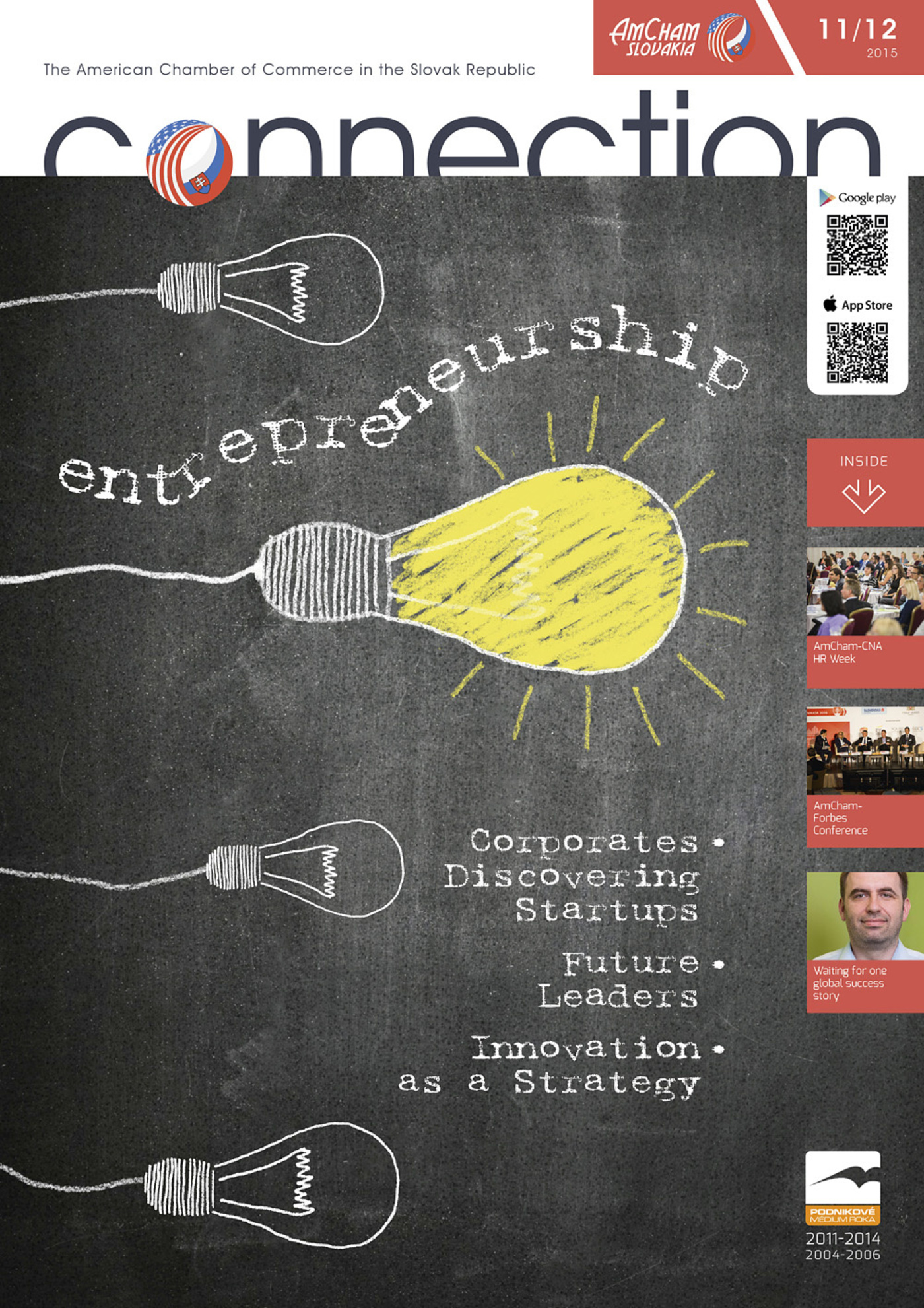You have been a part of the Slovak startup scene even before it got its name and your experience covers numerous projects and positions. The startup ecosystem has experienced rapid development over the past few years. From your unique perspective, what where the main milestones?
Yes, you are right, I am the grandpa here. I think that the first milestone was the story of ESET becoming more popular which demonstrated that even a Slovak tech company could be the best in its category globally. Then came the first successful exits, such as eTarget, Profesia, Zoznam or Azet. This brought in some money from angel investors to the market and motivated serial entrepreneurs to start new ventures. Media became interested in this phenomenon, and wrote about it, which provided young people with more enthusiasm to try their own business. Then competitions like the Startup Awards started to animate the scene, and politicians became interested. Finally, local venture capitalists started to invest substantially in startups. We were able to set up a 26M € fund (Neulogy Ventures) with almost 40 private investors, who have decided to invest their money into the fast growing tech and entrepreneurial wave in Slovakia.
How would you compare the current state of the Slovak startup ecosystem with the rest of Europe, especially other V4 countries?
There is no visible difference in the quality of startups in Slovakia compared to other V4 countries. There might be a slight delay in the ecosystem creation and development, but Slovakia is catching up, or has already caught up in most areas. What is for sure a local advantage is the solidity of the ecosystem and the solidarity among the various actors. We have founded The Slovak Alliance for the Internet Economy (SAPIE), which gathers all the major players. We communicate with the universities and the government with one voice, which seems to be very effective and advantageous.
What would currently present the biggest positive boost for the Slovak startup ecosystem and what is preventing it?
I think that we are missing one concrete and materialized success story, which would be visible not only in the CEE region, but also globally. One big and sound exit, or so. There are successes like Sygic, Pixel Federation, Piano Media or GA Drilling, but none of them is finalized in this manner. Everybody is expecting this, and Slovakia would benefit from it. Recently, Austria was boosted by the acquisition of the application Runtastic by Adidas. This event has an enormous value for the self-confidence of the Austrian tech space, but also from a more materialistic perspective, at least a part of this money is going to flow back into the ecosystem.
Due to the small size of the Slovak market, all local entrepreneurs are encouraged to think big and only work on projects with a global potential. What are the potential benefits and the risks of this approach?
This is actually a great approach in the long-run perspective. Everybody likes internet brands like Martinus.sk, Websupport.sk or even the one where I am involved in, Pelikan.sk. But people can already see, that by trying to conquer your local market and only then venturing abroad you are very likely to lose time and resources. Even if the entrepreneurs running those companies are great. This is especially true in the case of such a small domestic market as Slovakia possesses. Entrepreneurs in Poland, Romania, Spain and Germany are in a very different position. Therefore, Slovak entrepreneurs currently aspire to reach foreign markets abroad as fast as possible, and it is not just the US market that they aim for. We have financed companies which are trying to conquer the DACH region first (Germany, Austria, Switzerland), while others set Scandinavia as their target. The risk is that you burn your money much faster on markets you don’t know than on your local market. The upside is that you have the opportunity to prove your business model very fast and spur the growth on several markets.
What about cooperation between established companies and startups? How can it be mutually beneficent? Why isn’t this potential being developed in Slovakia?
We are discussing this concept and thinking about how to make it work. I hope that Slovak branches of foreign (US) established companies have enough freedom or autonomy to develop this kind of partnership. The best option would be to test products of Slovak startups and eventually buy them, or even recommend them to the mother company. They could even organize hackathons or fund competitions to solve their specific problems. Or, the dream scenario would be to acquire some of the companies for technology, and not for the HR as it has already happened. I hope we will be able to find some effective ways to deepen this kind of cooperation or transactions. AmCham could be the facilitator of those contacts.
Some commentators in the US are beginning to question the stability of the fast-growing community of young entrepreneurs, and warn of a “startup bubble”. Do you agree? Do you think some of these concerns can be applied to Slovakia as well?
Well, it depends what you mean by the bubble… If you mean huge valuations and no chance to exit then the answer is no. In this region, and especially in Slovakia, valuations are not skyrocketing; because we are more concentrated on the B2B market, we are more prudent on the expense side. Moreover, the labor costs for IT specialists are still much lower in comparison to other countries. To summarize, we can still enter at a reasonable price and exit at a reasonable price too…
Ivan Štefunko, Managing Partner, Neulogy Ventures



Follow us